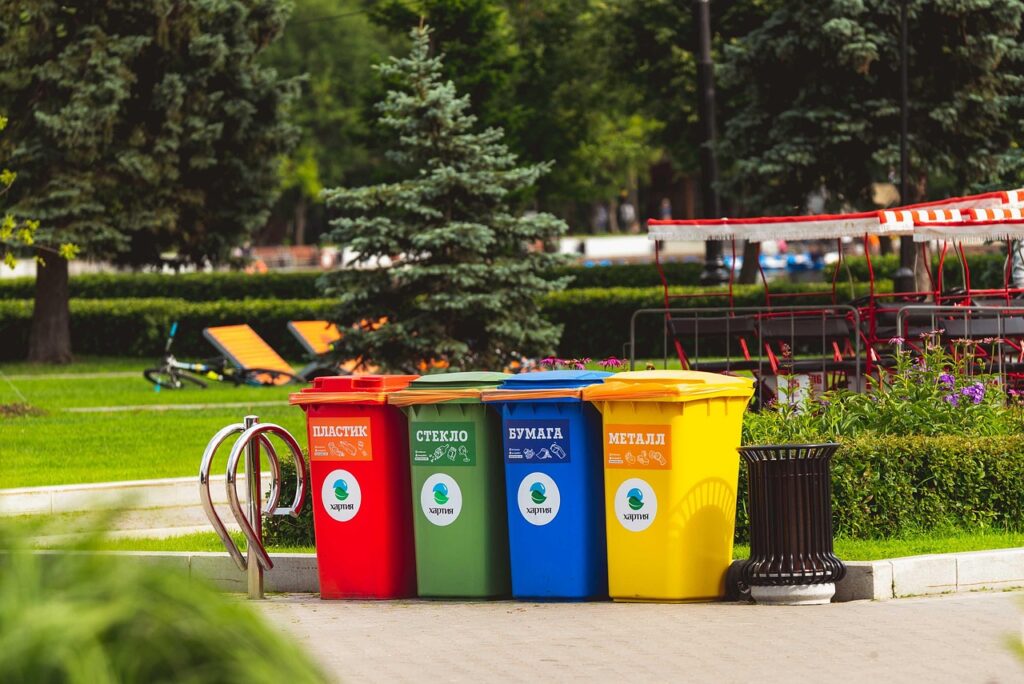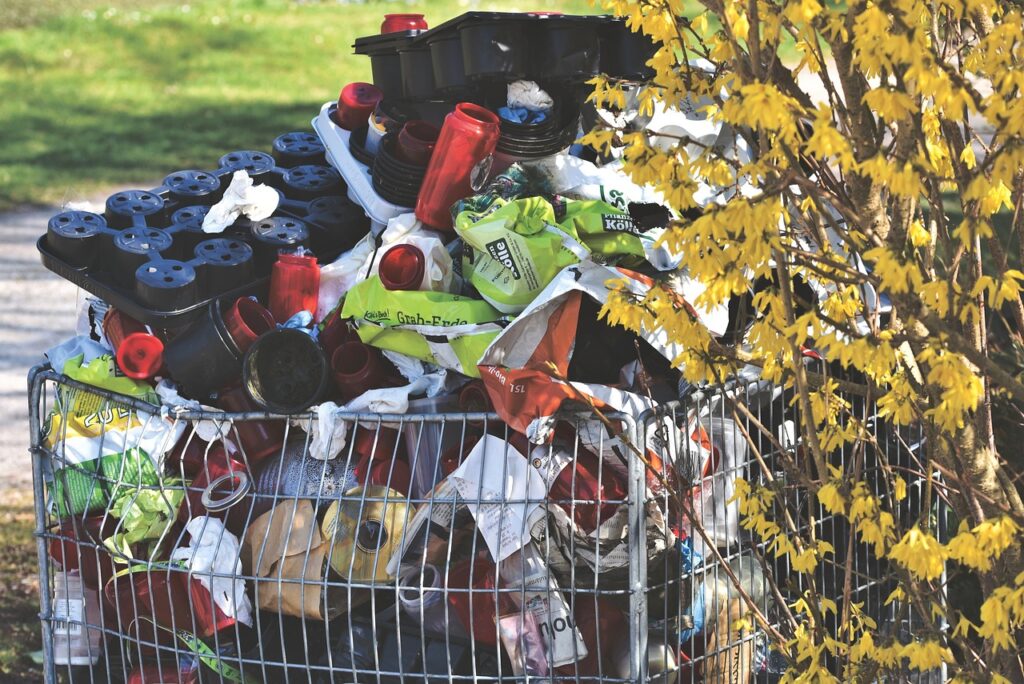Table of Contents
Who Hospital Waste Management: Guidelines, Best Practices & Solutions
Introduction
Who hospital waste management plays a vital role in maintaining hygiene and preventing infections in healthcare facilities. Improper handling of hospital waste can lead to severe health hazards, environmental pollution, and legal penalties. The World Health Organization (WHO) has established strict protocols to manage hospital waste effectively, ensuring both public and environmental safety. This guide covers essential hospital waste management strategies, best practices, and WHO guidelines to help hospitals stay compliant.
What is Hospital Waste Management?
Hospital waste management refers to the systematic process of collecting, segregating, treating, and disposing of medical waste generated by healthcare facilities. This includes infectious waste, hazardous chemicals, expired medicines, and sharps like needles and scalpels.
Types of Hospital Waste
- Infectious Waste: Contaminated materials such as blood, bodily fluids, and tissues.
- Pathological Waste: Human tissues, organs, and body parts.
- Sharps Waste: Needles, scalpels, and broken glass.
- Pharmaceutical Waste: Expired or unused medicines and vaccines.
- Chemical Waste: Disinfectants, laboratory reagents, and solvents.
- Radioactive Waste: Materials from nuclear medicine and radiation therapy.
- General Waste: Non-hazardous waste like paper and plastic.
Who Hospital Waste Management Guideline:
The WHO hospital waste management guidelines outline key principles to ensure safe waste disposal. These include:
- Segregation at Source: Categorizing waste into different bins using color-coded systems.
- Safe Storage: Storing hazardous waste in designated areas.
- Transportation: Using secure methods to transport waste within and outside hospital premises.
- Treatment Methods: Implementing techniques like incineration, autoclaving, and chemical disinfection.
- Disposal: Ensuring final disposal through approved landfills or waste treatment plants.
- Staff Training: Educating healthcare workers on proper waste handling and disposal.

Risks Associated with Poor Hospital Waste Management
- Infections: Contaminated waste can spread diseases like hepatitis and HIV.
- Environmental Pollution: Toxic chemicals and pharmaceuticals can pollute water and soil.
- Legal Penalties: Non-compliance with WHO standards can lead to heavy fines and legal actions.
- Occupational Hazards: Healthcare workers risk exposure to harmful waste materials.
Best Practices for Effective Hospital Waste Management
- Use of Color-Coded Bins:
- Red: Infectious waste
- Yellow: Chemical and pharmaceutical waste
- Blue: Non-infectious waste
- White: Sharps waste
- Adopting Advanced Treatment Technologies:
- Incineration for infectious and pathological waste.
- Autoclaving for sterilization of medical waste.
- Microwave technology for effective waste treatment.
- Regular Audits & Compliance Checks:
- Conducting waste management audits to ensure WHO compliance.
- Implementing continuous monitoring systems.
- Training & Awareness Programs:
- Conducting workshops for hospital staff.
- Ensuring all personnel follow waste disposal protocols.
- Partnering with Licensed Waste Disposal Companies:
- Collaborating with certified waste disposal firms.
- Ensuring safe and responsible waste handling.
Get Professional Hospital Waste Management Solutions
Contact Us Now for expert waste disposal services!
Future Trends in Hospital Waste Management
- AI-Based Waste Tracking: Smart systems for waste monitoring.
- Eco-Friendly Disposal Methods: Sustainable solutions to reduce carbon footprint.
- Waste-to-Energy Technologies: Converting hospital waste into energy sources.

Conclusion
Who hospital waste management is a critical aspect of healthcare operations. By following WHO guidelines and implementing best practices, hospitals can significantly reduce health risks, improve sustainability, and comply with regulations. Ensuring proper waste management is not just a legal requirement but a moral responsibility toward public health and the environment.
Take Action Today!
Schedule a Consultation to enhance your hospital waste management strategies.
FAQ on Who Hospital Waste Management
1. What are the WHO guidelines for hospital waste management?
The WHO guidelines emphasize waste segregation, safe disposal, staff training, and environmental safety measures to prevent infections and pollution.
2. How should hospitals dispose of infectious waste?
Infectious waste should be incinerated or autoclaved before disposal in designated landfills.
3. Why is hospital waste management important?
It prevents disease transmission, protects healthcare workers, and ensures environmental safety.
4. What color-coded bins are used for hospital waste disposal?
Hospitals use red (infectious waste), yellow (chemical waste), blue (non-infectious waste), and white (sharps waste) bins.
5. What are the risks of improper hospital waste management?
Risks include infections, environmental pollution, legal penalties, and occupational hazards.
6. What are some eco-friendly hospital waste management methods?
Eco-friendly methods include autoclaving, microwave sterilization, and waste-to-energy conversion.
7. How can hospitals improve waste management?
By conducting audits, training staff, using advanced disposal methods, and partnering with certified waste management firms.
8. What are the penalties for improper hospital waste disposal?
Penalties vary by region but can include fines, license revocation, and legal actions.
9. How does hospital waste affect the environment?
Improper disposal leads to water contamination, soil degradation, and air pollution.
10. Can hospital waste be recycled?
Certain types, like non-contaminated plastics and paper, can be recycled, while hazardous waste requires specialized disposal methods.